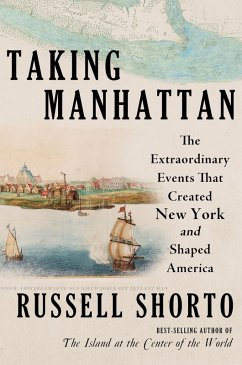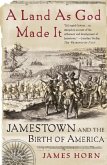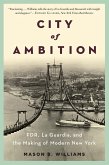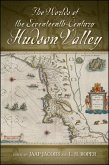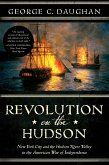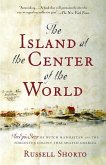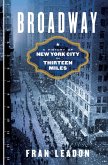One of Literary Hub's Most Anticipated Books of 2025
The author of The Island at the Center of the World offers up a thrilling narrative of how New Yorkthat brash, bold, archetypal citycame to be.
In 1664, England decided to invade the Dutch-controlled city of New Amsterdam on Manhattan Island. Charles II and his brother, the Duke of York, had dreams of empire, and their archrivals, the Dutch, were in the way. But Richard Nicolls, the military officer who led the English flotilla bent on destruction, changed his strategy once he encountered Peter Stuyvesant, New Netherland's canny director general.
Bristling with vibrant characters, Taking Manhattan reveals the founding of New York to be an invention, the result of creative negotiations that would blend the multiethnic, capitalistic society of New Amsterdam with the power of the rising English empire. But the birth of what might be termed the first modern city is also a story of the brutal dispossession of Native Americans and of the roots of American slavery. The book draws from newly translated materials and illuminates neglected historiesof religious refugees, Indigenous tribes, and free and enslaved Africans.
Taking Manhattan tells the riveting story of the birth of New York City as a center of capitalism and pluralism, a foundation from which America would rise. It also shows how the paradox of New York's originsboundless opportunity coupled with subjugation and displacementreflects America's promise and failure to this day. Russell Shorto, whose work has been described as astonishing (New York Times) and literary alchemy (Chicago Tribune), has once again mined archival sources to offer a vibrant tale and a fresh and trenchant argument about American beginnings.
The author of The Island at the Center of the World offers up a thrilling narrative of how New Yorkthat brash, bold, archetypal citycame to be.
In 1664, England decided to invade the Dutch-controlled city of New Amsterdam on Manhattan Island. Charles II and his brother, the Duke of York, had dreams of empire, and their archrivals, the Dutch, were in the way. But Richard Nicolls, the military officer who led the English flotilla bent on destruction, changed his strategy once he encountered Peter Stuyvesant, New Netherland's canny director general.
Bristling with vibrant characters, Taking Manhattan reveals the founding of New York to be an invention, the result of creative negotiations that would blend the multiethnic, capitalistic society of New Amsterdam with the power of the rising English empire. But the birth of what might be termed the first modern city is also a story of the brutal dispossession of Native Americans and of the roots of American slavery. The book draws from newly translated materials and illuminates neglected historiesof religious refugees, Indigenous tribes, and free and enslaved Africans.
Taking Manhattan tells the riveting story of the birth of New York City as a center of capitalism and pluralism, a foundation from which America would rise. It also shows how the paradox of New York's originsboundless opportunity coupled with subjugation and displacementreflects America's promise and failure to this day. Russell Shorto, whose work has been described as astonishing (New York Times) and literary alchemy (Chicago Tribune), has once again mined archival sources to offer a vibrant tale and a fresh and trenchant argument about American beginnings.
Dieser Download kann aus rechtlichen Gründen nur mit Rechnungsadresse in A, D ausgeliefert werden.

